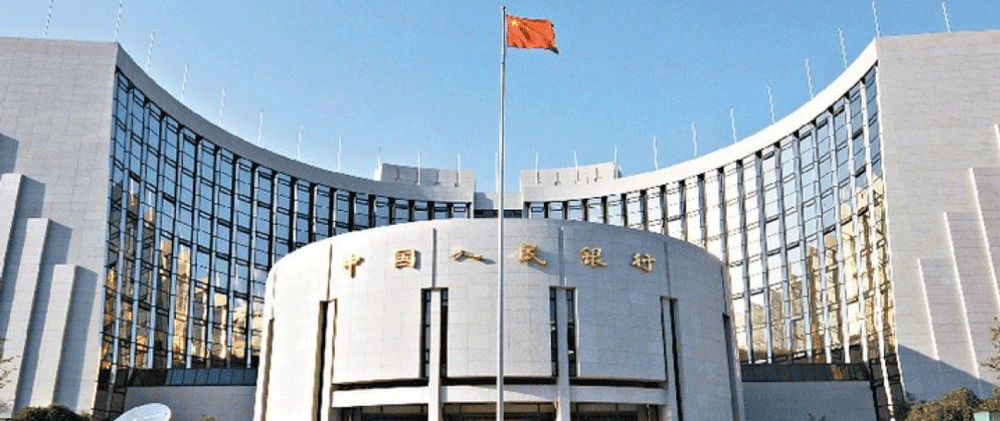The People’s Bank of China (PBoC) will develop a blockchain-based system to digitize paper checks in order to reduce paper printing expenses and to combat financial fraud.
Via a report from Financial News, it was made public the intentions of Chinese authorities to apply this system and replace paper for digital registries. In this regard, Di Gang, vice principal for the Digital Currency Research Unit of the Bank, commented that after 2 years of wait and preparation, finally, it will be launched the issuance of smart contracts. He also added:
“Once the smart contract rules are set in the blockchain, any participant cannot alter the system easily. Even for code updates, regulators will have full access to the record, which increases regulatory efficiency and reduces the cost.”
Likewise, the goal of this initiative is to achieve more transparent operations and less prone to fraud – in China, checks issued by physical businesses work as some sort of postal code, that is to say, these can be issued by a variety of agencies, and subsequently claimed or exchanged between financial entities.
The main problem is, though, that some non-banking intermediaries assume the role of issuing checkbooks, which consequently promotes fraudulent practices since checks with no value whatsoever enter into circulation, jeopardizing the trust towards banking entities, which for obvious reasons do not respond to payment claims.
It is worth mentioning, that the Chinese government is known for its uncertain stance regarding digital currencies. In late-2017, it forbade cryptocurrency trading operations and initial coin offerings (ICOs), and despite this, local authorities have shown more enthusiastic with blockchain technology this year; in fact, they consider it is the most suited to be adopted in regulatory updates of national banks.
However, the PBoC vice principal expressed that, should the digital checks initiative is taken with acceptance, there will be the possibility of extending the use of distributed ledger technology (DLT) to other areas such as credits and insurance management, stock certificates, funds and investment portfolio management, as well as the trading of other financial assets.
The latter would confirm president Xi Jinping pretensions of supporting and encouraging use of blockchain in the Asian country, considering that in the 19th annual conference of the Chinese Academy of Science in Beijing, which took place by the end of May, he expressed that blockchain is one of several innovative initiatives in a new generation of technologies.
“The new generation of information technology represented by artificial intelligence, quantum information, mobile communication, internet of things, and blockchain is accelerating breakthroughs in its range of applications,” the President said.
To sum up, it is only a matter of time to truly observe the results of applying new technologies in China and to deduce what lies ahead for the financial sector, in order to define in what other areas and through which platforms may be valid these mechanisms. Although a check is not essential, there are other resources in danger of extinction, as in the case of cash usage in Norway or Sweden.











